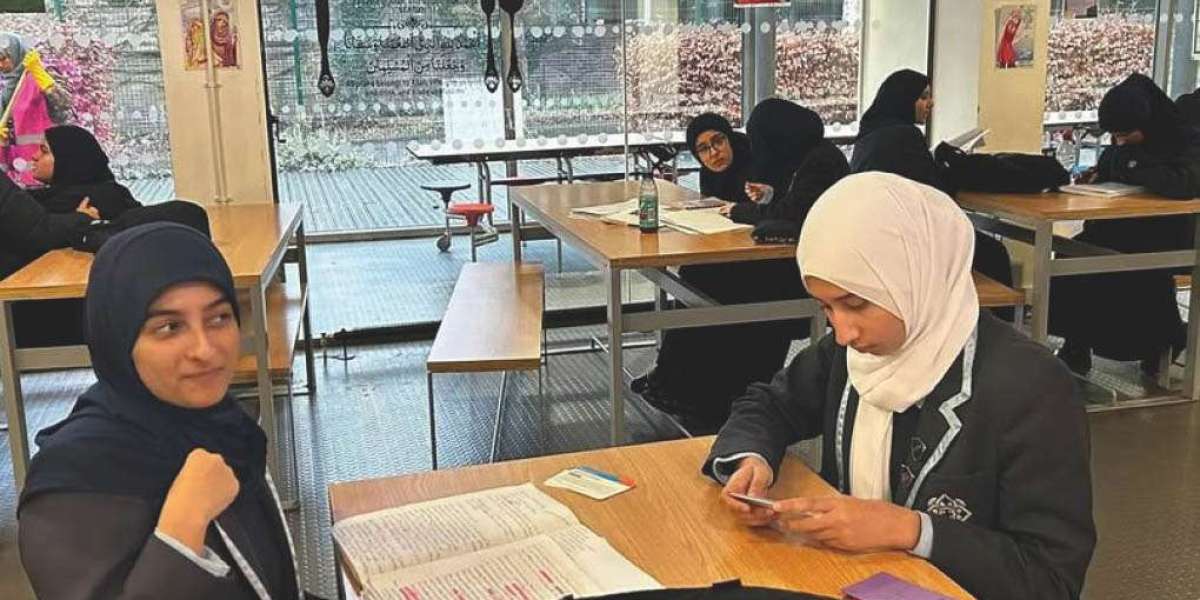Introduction
The role of Islamic schools in modern society is more significant than ever. With growing Muslim populations in cities across the UK and beyond, these schools offer a safe and supportive environment where young Muslims can learn, grow, and thrive without compromising their religious values.
This blog explores what Islamic schools are, their importance, curriculum structure, and how they contribute to shaping future generations of Muslims.
What Are Islamic Schools?
Islamic schools are educational institutions that combine the standard national curriculum with Islamic teachings. They focus on academic subjects such as maths, science, and English while integrating Qur’an studies, Islamic history, and Arabic. The aim is to provide children with the tools to succeed professionally while maintaining a strong Islamic identity.
Why Islamic Schools Matter
Islamic schools matter because they:
Preserve faith and values – Students learn Islamic morals and ethics in daily school life.
Provide role models – Teachers embody both academic excellence and Islamic manners.
Encourage belonging – Muslim children grow up in an environment that respects their culture and beliefs.
Ensure holistic development – Students excel in both deen (faith) and dunya (worldly knowledge).
Curriculum in Islamic Schools
Most Islamic schools follow the UK National Curriculum but enrich it with:
Qur’an memorisation (Hifz programmes).
Arabic and Islamic studies.
Islamic history and cultural awareness.
Daily prayers and assemblies.
This dual curriculum ensures students receive the same opportunities as their peers in mainstream schools while being rooted in Islamic identity.
Academic Performance
Studies and reports have shown that many Islamic schools in the UK achieve above-average results in GCSEs and other examinations. This success is linked to smaller class sizes, parental involvement, and a disciplined school culture.
Beyond the Classroom
Islamic schools also offer extracurricular activities such as sports, arts, debating clubs, and charity drives. These opportunities allow students to develop creativity, teamwork, and leadership skills while being guided by Islamic values.
Addressing Misconceptions
Islamic schools sometimes face stereotypes, but the reality is that they contribute positively to society. Graduates often enter diverse professions—medicine, law, engineering, and education—while maintaining strong moral values and a commitment to serving their communities.
Conclusion
Islamic schools are vital in ensuring Muslim children grow up confident in both their faith and abilities. By providing quality education grounded in Islamic values, these schools nurture future leaders who are not only academically capable but also spiritually strong. They are a bridge between faith and modern life, offering the best of both worlds.














